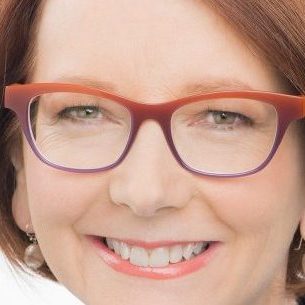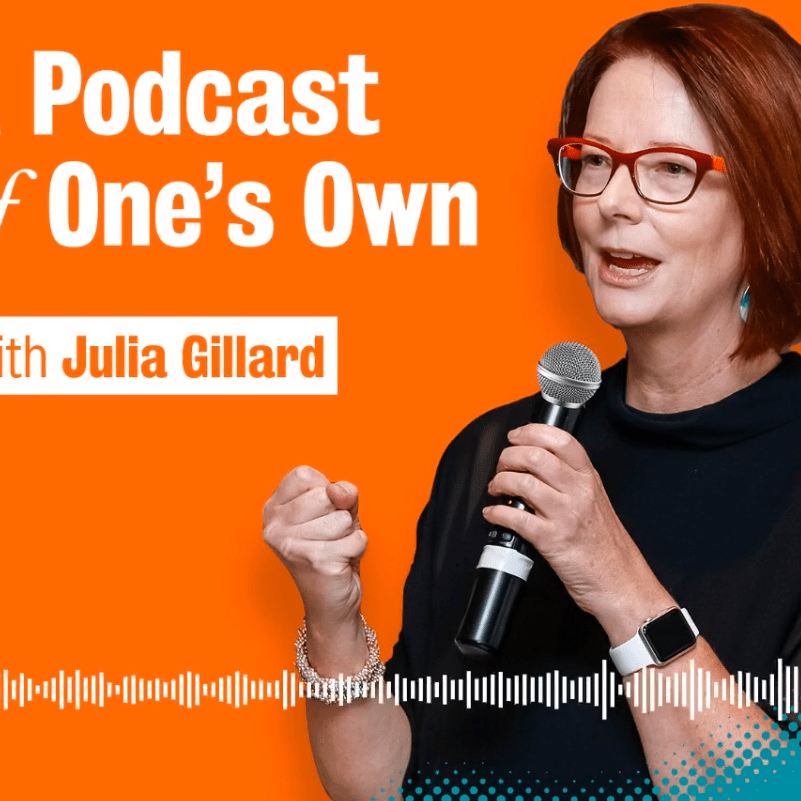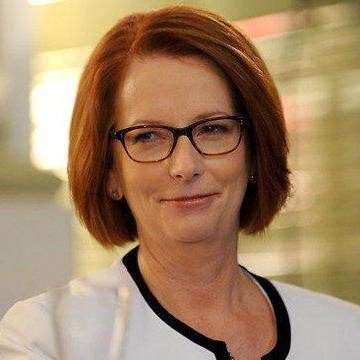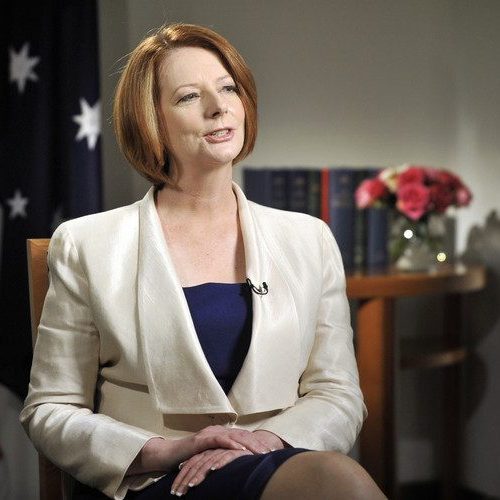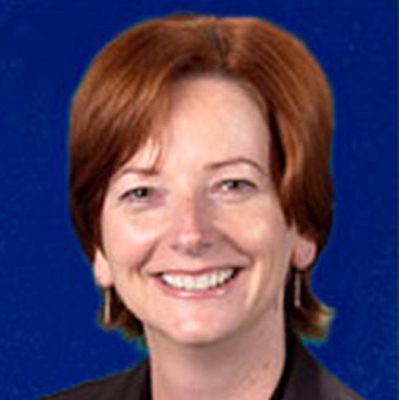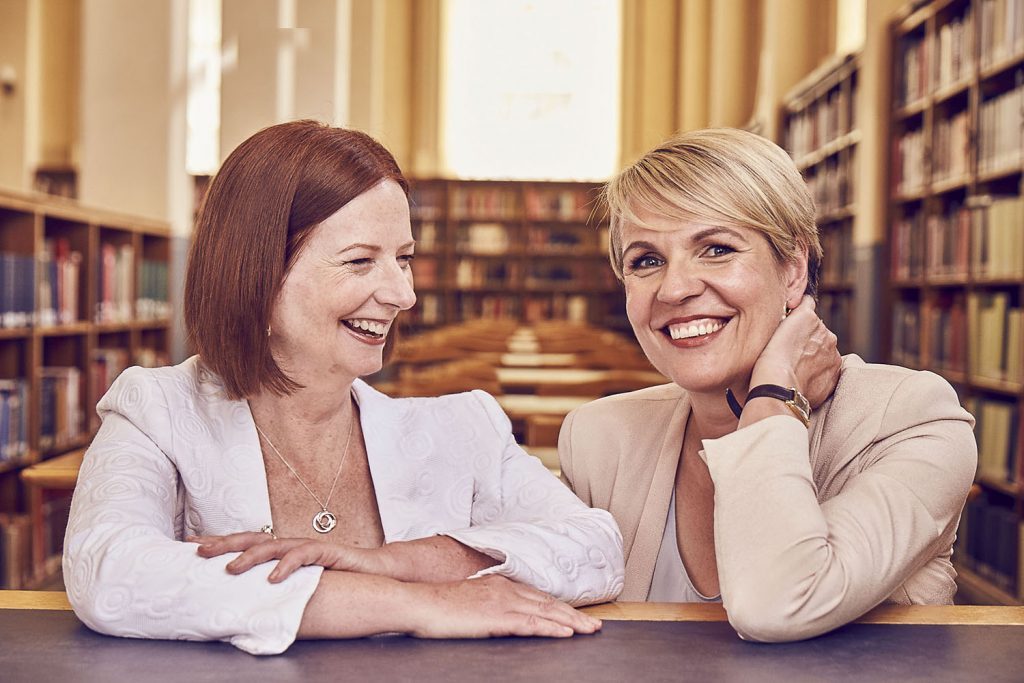
Former Australian Prime Minister Julia Gillard talks to politician and former Deputy Leader of the Australian Labor Party, Tanya Plibersek, in the third episode of her new podcast series with the Global Institute for Women’s Leadership at King’s College London.
Pilbersek is a prominent figure in Australian politics, as a former cabinet minister and then Deputy Leader of the Labor Party in opposition from 2013 to 2019. After the party suffered an unexpected defeat in the general elections in May, Plibersek was tipped to stand as party leader but declined due to family commitments.
The discussion between Gillard and Plibersek centres around misogyny and sexism in politics, including how the adversarial nature of politics can undermine women leaders and how the abuse and harassment of women politicians online put other women off entering public office. On social media, Tanya comments:
“There is just so much poison in social media. We have polarised debate so much today that a lot of people of good will think, ‘I don’t want to spend my life being the subject of such awful personal commentary.’”
The two also discuss how Plibersek juggles her high-pressure job with looking after her three children, touching on her decision to not stand as leader of the Labor Party:
“It wouldn’t have been right for our family at that time…I had people writing columns or sending me emails saying ‘I’ll resign from my job’, ‘I’ll come and look after your kids’…I so value the trust and faith people put in me. But I do have to think about my other responsibilities.”
This gets to the heart of one of the biggest challenges women political leaders often face – the double standards to which they are held concerning their decision about whether to have a family:
“You really can’t win, because if you’ve got no kids you get criticised for not understanding what families are going through; if you’ve got them you get criticised for neglecting them. There’s basically no right answer.”
Plibersek concludes that women should ignore the commentary and make up their own decisions: “You have to do the best you can do for your family.”

